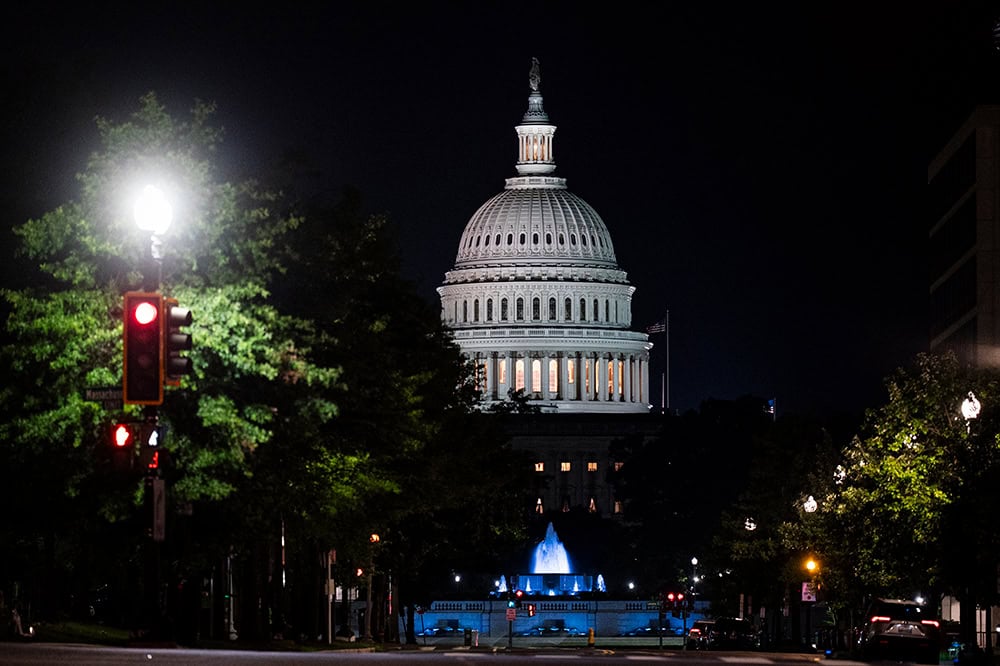Peterson Foundation Statement on President’s Budget March 2019

NEW YORK — Michael A. Peterson, CEO of the Peter G. Peterson Foundation, commented today on the administration’s budget proposal for Fiscal Year 2020:
“Today’s proposal marks the beginning of the budget process, and it’s clear that there’s more work to do.
“This budget achieves some deficit reduction on paper, but it does not address the key drivers of our debt and relies on unlikely assumptions.
“A large portion of the spending reductions are in non-defense discretionary programs, but this spending is not a driver of our growing debt and is already near historic lows as a share of GDP. Non-defense discretionary spending includes important investments for the future, such as education, transportation, and research and development. It’s always good to reduce ineffective or unnecessary programs, but these measures will not cure our structural deficits, and are also not politically feasible.
“Also, the deficit improvement in this budget relies on economic forecasts that exceed consensus estimates and CBO projections, and assumes consistent growth. One of the important reasons why we need to get our fiscal house in order is to be prepared for the next economic downturn.
“This budget also includes defense accounting sleight-of-hand, using a fund specified for fighting wars to cover annual defense spending. This approach lacks transparency and evades the normal budget process, and has rightly been criticized by leaders in both parties.
“Budgets are general policy frameworks that represent the priorities of the nation. As the budget process begins, now is the time to begin discussions on ways to come together so that we can avoid another damaging government shutdown. The administration and Congress should commit themselves to more effective budgeting to put the nation on a secure fiscal foundation for economic growth.”
Note: This statement has been updated from an earlier version.
Further Reading
The One Big Beautiful Bill Act Is the Most Expensive Reconciliation Package in Recent History
This week, lawmakers in Congress approved reconciliation legislation that will add trillions of dollars to America’s already unsustainable fiscal trajectory
Healthcare Costs Are a Major Driver of the National Debt and Here’s the Biggest Reason Why
One of the largest drivers of that rising debt is federal spending on major healthcare programs, such as Medicare and Medicaid.
Despite Decades of Warnings, Depletion of Social Security’s Trust Fund Is Getting Closer
The depletion dates for Social Security and Medicare’s Trust Funds are rapidly approaching.


